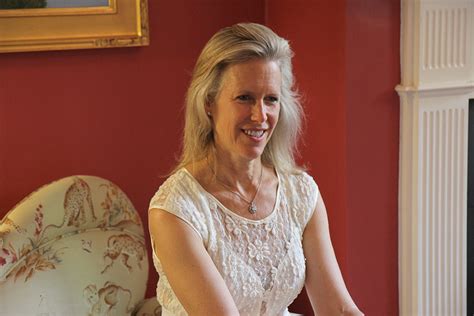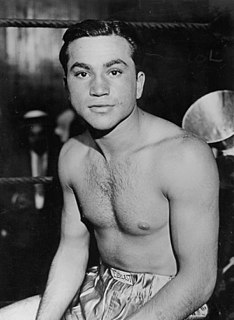A Quote by N. K. Jemisin
Related Quotes
I did not know that the first step in any domestic violence relationship is to seduce and charm the victim. I also did not know that the second step is to isolate the victim. The next step in the domestic violence pattern is to introduce the threat of violence and see how she reacts. We victims know something you [non-victims] usually don't. It's incredibly dangerous to leave an abuser, because the final step in the domestic violence pattern is to 'kill her'. Over 70% of domestic violence murders happens after the victim has ended the relationship.
I must remind you that starving a child is violence. Suppressing a culture is violence. Neglecting school children is violence. Punishing a mother and her family is violence. Discrimination against a working man is violence. Ghetto housing is violence. Ignoring medical need is violence. Contempt for poverty is violence.
The more children see of violence, the more numb they are to the deadly consequences of violence. Now, video games like 'Mortal Kombat,' 'Killer Instinct,' and 'Doom,' the very game played obsessively by the two young men who ended so many lives in Littleton, make our children more active participants in simulated violence.
I've always been terrified of violence which is probably why I keep making violent films - I'm trying to exorcise some demons or something. My mum ended up bringing me up on the edge of a big estate in south London, so I was on the periphery of violence - a lot of football violence and stuff because I was a Millwall supporter. So I've always had a very healthy fear of it, yet at the same time a fascination. I think in all of my films that's a really strong subtext... people who are terrified by violence but are yet compelled by it as well.
We must realize that violence is not confined to physical violence. Fear is violence, caste discrimination is violence, exploitation of others, however subtle, is violence, segregation is violence, thinking ill of others and condemning others are violence. In order to reduce individual acts of physical violence, we must work to eliminate violence at all levels, mental, verbal, personal, and social, including violence to animals, plants, and all other forms of life.
I've told the kids in the ghettos that violence won't solve their problems, but then they ask me, and rightly so; "Why does the government use massive doses of violence to bring about the change it wants in the world?" After this I knew that I could no longer speak against the violence in the ghettos without also speaking against the violence of my government.
I'm so sick of seeing guns in movies, and all this violence; and if there was going to be violence in Pines, I wanted it to actually be narrative violence. I wasn't interested in fetishizing violence in any way of making it feel cool or slow-motion violence. I wanted it to be just violence that affected the story.
The day after the Republican convention ended, there was another political bomb that was dropped on the U.S. presidential election [2016] from Russia. The day after the Republican convention ended, right before the Democratic Convention began we got what U.S. intelligence agencies believed to be the next big Russian incursion into our election. We got the first WikiLeaks dump.
My approach to violence is that if it's pertinent, if that's the kind of movie you're making, then it has a purposeI think there's a natural system in your own head about how much violence the scene warrants. It's not an intellectual process, it's an instinctive process. I like to think it's not violence for the sake of violence and in this particular film, it's actually violence for the annihilation of violence.





































